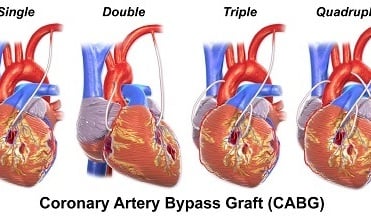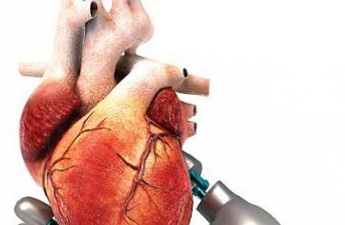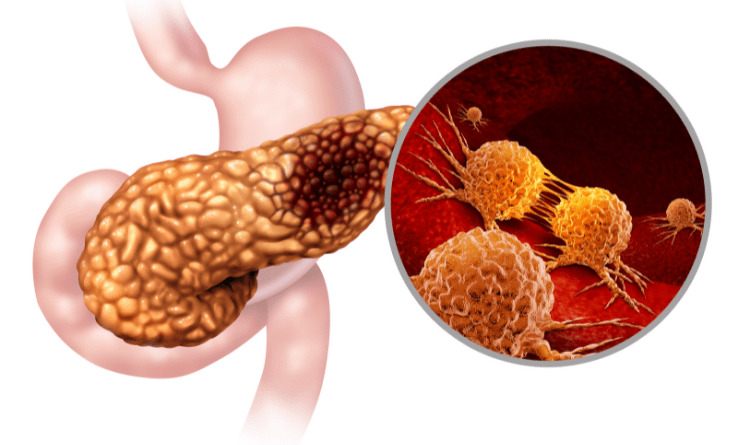Are Bone Marrow Transplants Safe

What is a bone marrow transplant?
A bone marrow transplant is a medical procedure carried out to replace the damaged bone marrow with healthy donor bone marrow. The healthy cells are transferred into the blood, which travels to the bone marrow and produces new cells to promote the growth of new bone marrow. The donor bone marrow cells are either taken the patient’s own body or a donor. The cells are extracted, stored and harvested over time, before transferring them to the needful area.
Bone Marrow
It is a spongy, fatty tissue inside the bones which is responsible for the production of,
Red Blood Cells
White Blood Cells
Platelets
These are unspecialized cells having the potential to multiply by cell division or get differentiated into different types of blood cells.
What are the complications of bone marrow transplants?
The bone marrow transplant hospitals in India have state-of-the-art technology and work with the best experts to give a high success rate. Despite a very high success rate of this procedure, there are chances of several types of complications. These complications may vary from patient to patient depending upon various factors such as,
Age and overall health of the patient
Any underlying disease and its chances of recurrence
Presence of any other medical condition
Type of transplant
Preparations done before the transplant
The health of the donor
Following are the most common complications that may occur after a bone marrow transplant:
Nausea, vomiting, and diarrhea - These kinds of symptoms often occur as a result of chemotherapy or radiation therapy. Diarrhea occurs due to loss of fluids caused by dehydration. The doctors usually provide antiemetics for nausea & vomiting and administer fluids intravenously to prevent dehydration.
Increased chances of infection - The chances of infection are most common in children. The infections may be bacterial, viral or fungal. The doctors prescribe antibiotics to treat bacterial infections, antiviral medications to treat viral infections and antifungal medication to provide fungal infections. Certain prevention measures can be taken to reduce the chances of these infections. These are,
Frequent washing of hands
Use of a face mask outside the room
Maintenance of hygiene
Restriction of visitors
HEPA-filtered rooms
How do you prevent infection after bone marrow transplant?
⇒ Isolation of pets and plants from the patient.
⇒ Regular washing of carpets and floors
⇒ Cleaning of drapes, blinds, and furniture
⇒ Keeping the doors and windows closed
⇒ Turning off the humidifiers
⇒ Regular changing of filters in air-conditioning and furnaces.
3. Graft-versus-host disease (GVHD) - This can be a life-threatening and fatal complication of allogeneic BMT. This occurs when certain types of white blood cells in the donor bone marrow attack the recipient’s body cells, considering them as the foreign body. The signs and symptoms may include skin rashes, diarrhea, nausea, abdominal pain, and abnormal liver function tests. The treatment includes prescription of steroids and cyclosporine.
4. Mucositis - Painful sores often occur in the mouth and throat, which is known as mucositis. The pain may also be due to irritation in the skin, procedures such as bone marrow aspirations, lumbar puncture, skin biopsies, intravenous line placement, Neupogen, etc.
Mucositis can be treated by:
Mouthwash with topical anesthetic
Treatment of underlying infection
Use of antiseptic mouthwash
Use of narcotics like morphine, only when indicated
5. Low platelet count - Conditions like thrombocytopenia may occur due to a reduction in the platelet count. It can cause bleeding in the lungs, GI tract, brain, and other body parts. In some cases, there is also a decrease in red blood cells which can cause anemia. Symptoms may include, fatigue, lack of appetite, irritability, rapid heart rate, etc.
6. Respiratory distress - In some cases, respiration may also get compromised, which usually manifests as pneumonia, inflammation of the airways or bleeding. Treatment should include antibiotics, fluid restriction, and oxygen therapy. Sometimes the child will be transferred to ICU and connected to supportive breathing.
7. Organ damage - There are chances of temporary or permanent damage to the organ due to high doses of chemotherapy of radiation therapy. The damage may also take place as a result of infection, graft-versus-host disease, fluid overload, or prolonged use of intravenous nutrition. It is important to monitor the patient closely and take long-term follow-ups to detect any long term effects of the treatment.
8. Recurrence of the disease - This is a possibility of relapse of the disease at some point in the future. In such cases, treatment options like donor leukocyte infusions, experimental therapy or additional chemotherapy may be considered.
Get in Touch with Medical Experts
Most Searched Blog

Heart Surgery

Heart Transplant

Atrial Septal Defect
